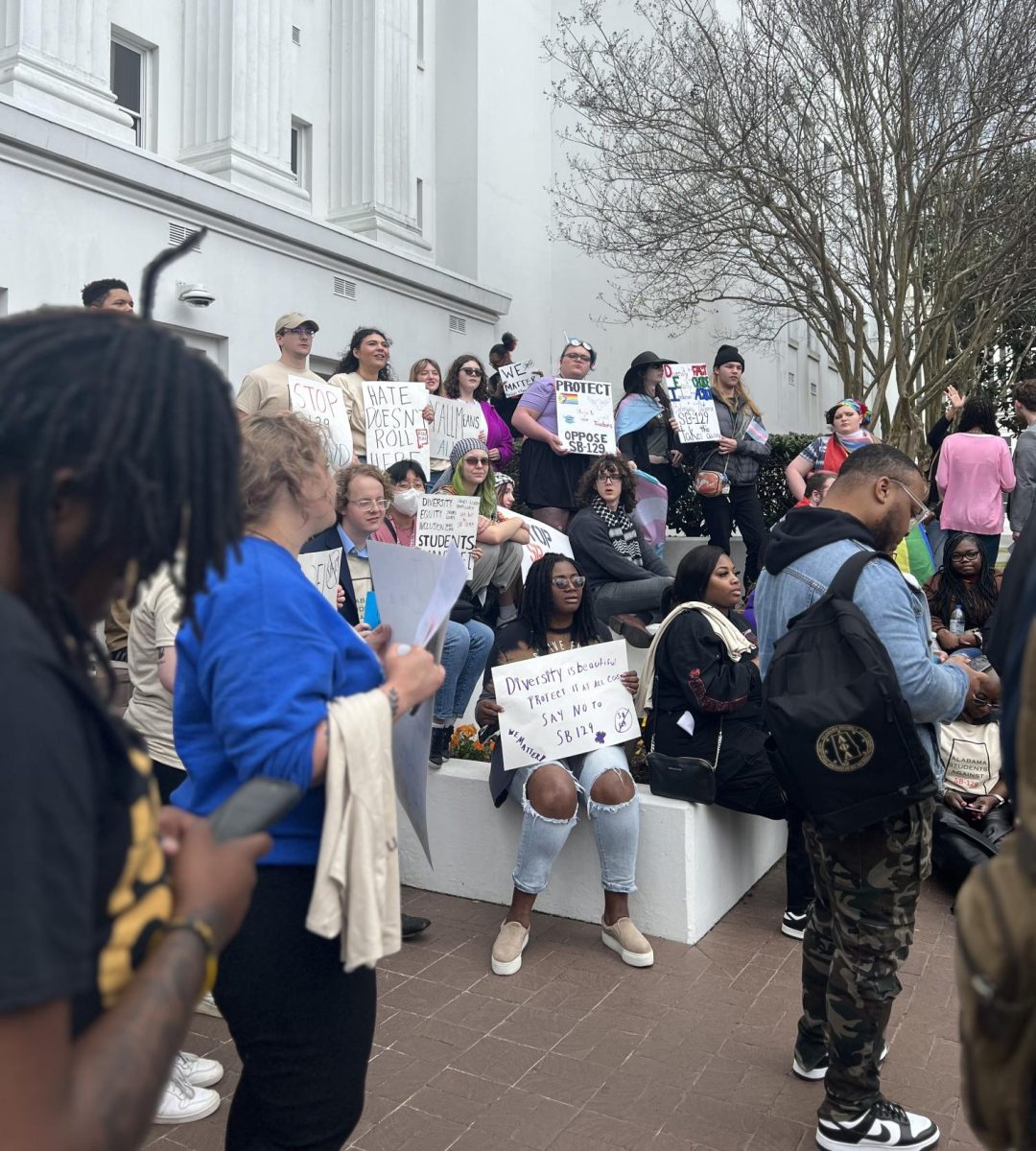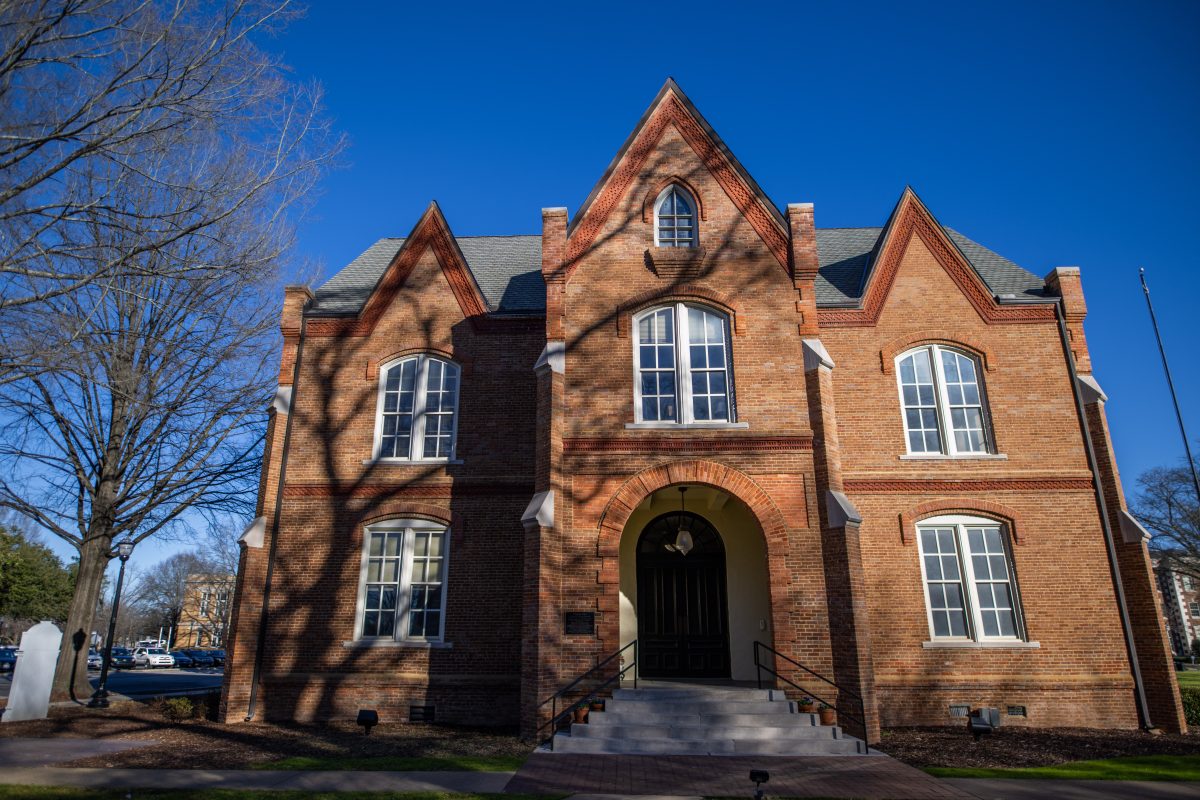A controversial bill that threatens to upend diversity, equity and inclusion programs in Alabama schools, Senate Bill 129, passed the state House Thursday, inching the bill closer to the governor’s desk.
If passed, the bill would prevent state agencies, local boards of education and public institutions of higher education from sponsoring DEI programs, offices or departments. It would also prevent the same institutions from requiring coursework that promotes “a divisive concept.”
The current definition of “DEI program” is vague as listed in the bill. SB 129 currently defines a DEI program as “any program, class, training, seminar, or other event where attendance is based on an individual’s race, sex, gender identity, ethnicity, national origin, or sexual orientation, or that otherwise violates this act,” aside from those programs required by state or federal law.
Divisive concepts, according to the bill, include the idea that blame or bias should be assigned to individuals based on their race, color, ethnicity or national origin; the idea that meritocracy is racist; and many other concepts.
Additionally, the bill requires public institutions of higher education to ensure that bathrooms are designated based on “biological sex.”
Three amendments to the bill have been adopted since it reached the House. The latest, proposed by Rep. Prince Chestnut, D-Selma, removed a phrase with the potential to limit academic freedom, intellectual diversity, and free expression if those tenets “conflict with this act.”
Chestnut said SB 129 will place restrictions around discussion of certain topics.
“We’re chilling the effect of teaching and methodology on these subject matters from the onset,” Chestnut said.
Other representatives also raised concerns on Thursday.
“I see hatred in this. I see something that you’re holding against somebody because of who they are or what they are,” said Rep. Pebblin Warren, D-Macon. “And that really disturbs me.”
Rep. Ed Oliver, R-Dadeville, said that prohibiting divisive concepts will create “guardrails” to protect students in grades K-5 from “overzealous” teachers.
“Academic freedom in college is very important … what we don’t want to see in college is a student that is compelled to comply or to assent to something they don’t believe in,” Oliver said.
Because the House amended the bill, SB 129 will return to the Senate for another vote confirming the final version of the bill. If the Senate disagrees with the amended version of the bill, it will go to a conference committee consisting of both senators and representatives who will negotiate the bill.
The bill was previously amended by the Senate, which altered the list of divisive concepts to no longer include “that slavery and racism are aligned with the founding principles of the United States.”
College students throughout Alabama have expressed their disapproval of the bill in recent weeks.
On Feb. 28, nearly 200 University of Alabama students rallied against the bill while simultaneous demonstrations occurred at the University of Alabama in Huntsville, the University of Alabama at Birmingham and Auburn University at Montgomery. On Wednesday, students from universities around the state came together to rally next to the State House in Montgomery and show their support for DEI.
Alex House, assistant director of communications for the University, wrote in a statement that the UA System is “dedicated to our mission of providing exceptional educational, research and patient care experiences to all people, of all backgrounds, in welcoming environments that foster open thought, academic freedom and free expression.”
“We are committed to providing resources and opportunities that are accessible to all and will continue to work with the legislature as we equip our campus community members for success at our universities and beyond,” the statement continued.
If signed into law by Gov. Kay Ivey, the bill will take effect Oct. 1, 2024.













